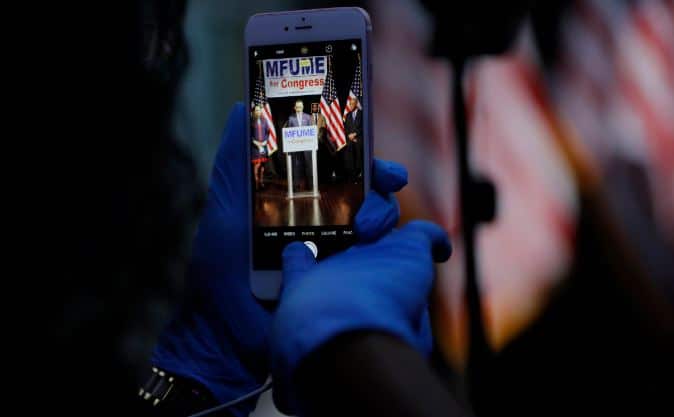Harvard’s Belfer Center Releases Playbook to Address Nefarious Election Influence

CAMBRIDGE, Mass. – Election officials across the country have a new tool to help them recognize and respond to malicious interference in the votes they oversee.
Created by the Belfer Center at Harvard University’s Kennedy School of Government, the new “Election Influence Operations Playbook” focuses on the most common types of disinformation attacks that have been found to interfere with the election process, and equips election officials with recommendations on how to counter them.
The multi-part Playbook, written by members of the centers “Defending Digital Democracy Project, offers an introduction to election influence operations: what they are, how they work, and why they can impact our elections.
It also includes recommendations for reporting, responding, and countering mis/disinformation incidents.
“In this era of attacks on democracy, your preparations, your response, and your voice as a trusted source within your jurisdiction, in coordination with other officials across your state, will strengthen your ability to effectively counter these threats,” the authors write.
The Playbook can also be a resource for those who can help officials get correct information to voters, they said.
For election officials, any incorrect information presented to voters, regardless of the source or intention, can pose a threat because it undermines understanding and trust in the election. Modern influence operations typically attack the democratic process online and can spread quickly. The most effective responses are swift, simple, and clear.
But the authors note influence operations are an evolving threat and there is no concrete solution to counter all of them.
They stress that recommendations in the Playbook need to be adapted for each jurisdiction’s needs and as those tactics evolve.
“Knowing what to look out for, how to prepare, and how to respond is a starting point for officials and those involved in the democratic process,” they write. “The recommendations shared throughout the Playbook are informed by what we know today with an understanding that we will continue to learn more about the best strategies and tools to bolster our ability to counter these threats.”
























